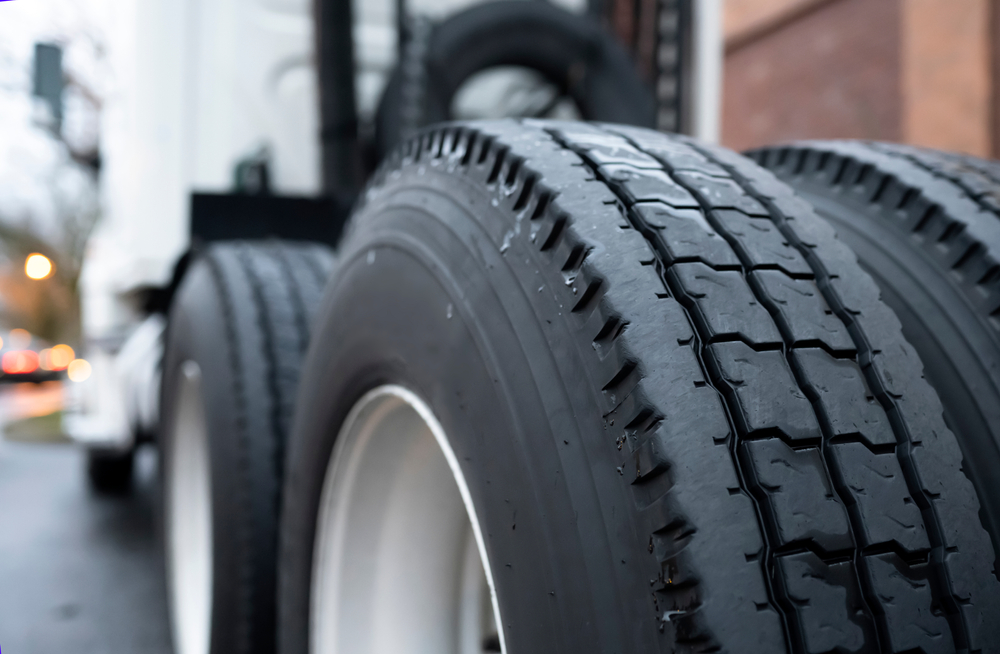
Truck fleets across the U.S. are preparing for an increase in replacement truck tire prices starting May 1, driven largely by the Trump administration’s recently enacted tariffs and shifting trade policies. Two major global manufacturers, Yokohama Tire and Sumitomo Rubber North America, have announced that they will raise their commercial truck tire prices by up to 10%, with further hikes expected across the industry.
Yokohama, which produces truck tires in West Point, Mississippi, cited an “unparalleled rise in costs associated with materials and finished goods” as the primary reason for its price adjustments. Sumitomo also announced a 10% increase for commercial tires, alongside up to 25% for passenger vehicle and light truck tires.
The increases come at a time when the freight market is already under pressure from slow economic growth and mounting operational expenses. Adding to the strain, Goodyear confirmed it will raise prices on some consumer tires in the U.S. and Canada, although truck tire prices remain unchanged for now. Like other tire manufacturers, Goodyear is grappling with higher raw material costs, especially as the U.S. imports 100% of its natural rubber supply.
Thailand—currently the largest exporter of natural rubber, supplying 35% of global needs—is among the countries now subject to reciprocal U.S. tariff rates. Tariffs range from 26% to 145% across major tire-exporting countries, including Thailand, Vietnam, Indonesia, India, and China. Truck tires, which contain a higher percentage of natural rubber than passenger tires, are more severely impacted by these levies.
According to IMF data, natural rubber prices have also climbed from 94.75 cents per pound in July 2024 to 108.63 cents per pound in March 2025. These cost pressures are further exacerbated by recent closures of U.S. manufacturing plants, including Sumitomo’s Tonawanda, NY, facility and Bridgestone’s LaVergne, TN, plant. Although Bridgestone continues production in Morrison, TN, and Michelin in Spartanburg, SC, manufacturers are now reassessing pricing strategies in light of tariff-induced cost volatility.
Apollo Tires, which imports from India and Europe, has not implemented price increases yet but warned that some cost burdens may be passed on to customers. The company emphasized its long-term commitment to the U.S. market despite uncertainty.
Industry analysts expect these price hikes to continue. ING’s Rico Luman noted that backtracking on tariffs seems unlikely, indicating further pricing pressure ahead. For U.S. carriers, the fluctuating costs have introduced significant planning challenges, especially for those managing large fleets. As one senior logistics executive described the situation: “It’s like walking through a maze blindfolded in the dark.”
With over 63% of tires sold in the U.S. being imported in 2024 and more tariffs looming, fleets must brace for more disruption to tire costs, inventory planning, and equipment maintenance budgets in the months ahead.
Source:











Leave a Comment